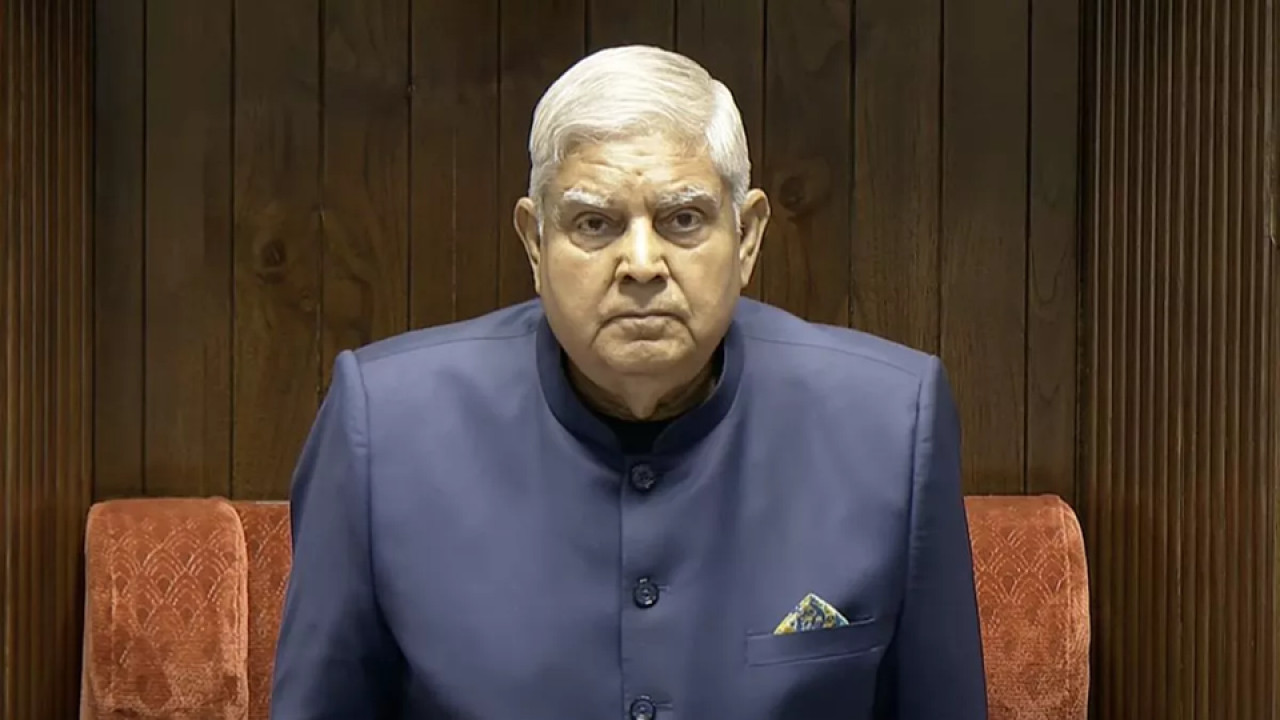
Jagdeep Dhankhar resigned from the post of Vice President on Monday evening (Social Media)
National News: If Jagdeep Dhankhar resigns from the post of Vice President, a new Vice Presidential election will have to be held soon. As per Clause (2) of Article 68 of the Indian Constitution, the election to fill the vacancy must be conducted as early as possible, whether the post becomes vacant due to death, resignation, removal, or any other reason.
The Constitution clearly states that the person elected to fill the vacant post will serve a full term of five years from the date they take office. However, it does not mention who will perform the Vice President’s duties in case of their early resignation or death or when the Vice President is acting as the President of India.
The Vice President also serves as the ex officio Chairman of the Rajya Sabha. If the position of Vice President becomes vacant, the Deputy Chairman of the Rajya Sabha or another member authorized by the President of India will take over the role of presiding over the Upper House.
According to Article 66, the Vice President is elected by an electoral college made up of members from both the Lok Sabha and Rajya Sabha. The election uses the single transferable vote method and follows the proportional representation system.
The resignation of Vice President Jagdeep Dhankhar has again brought attention to how India’s Constitution ensures smooth functioning even in unexpected situations. Though mid-term resignations from the post are rare, the Constitution has clear guidelines for what follows.
His resignation has already been formally accepted by the President under Article 67(a), which allows the Vice President to resign voluntarily.
This situation raises a natural question—who will now head the Rajya Sabha? However, legal and constitutional experts say there is no cause for concern. Supreme Court advocate Virag Gupta explained that the resignation was accepted immediately and all relevant constitutional provisions are now active.
Such cases have occurred in the past as well. Whenever the office of the Vice President falls vacant, the Deputy Chairman of the Rajya Sabha assumes the responsibilities of presiding over the House. This ensures the House continues to function without interruption. Experts confirm there is no constitutional crisis because the system has been designed to maintain continuity in governance.





Copyright © 2026 Top Indian News
